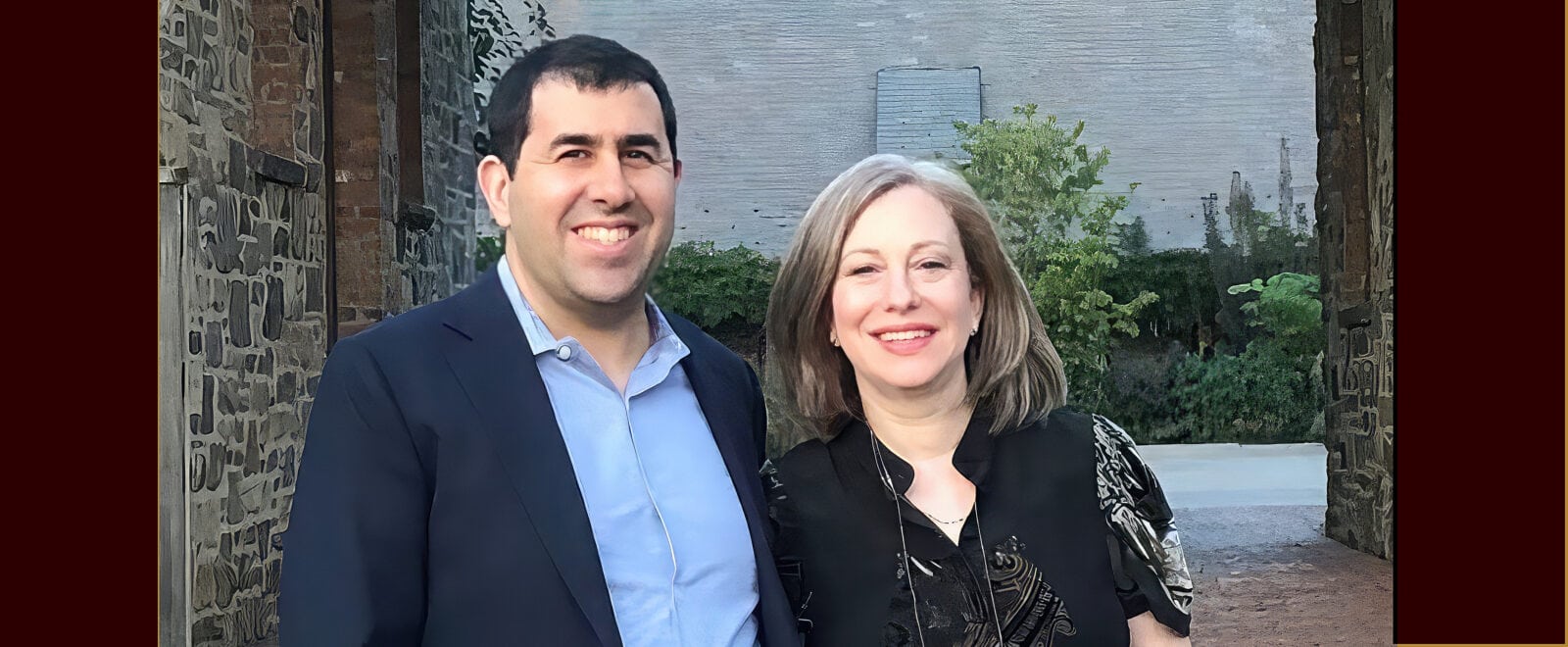$33 million joint initiative between DDF and Aviv to build a prevention-oriented child well-being system that supports children and families within their communities

The Doris Duke Foundation (DDF) launched Opportunities for Prevention & Transformation (Opt-in for Families), a new initiative that aims to transform our nation’s response to children at risk of abuse and neglect by helping jurisdictions build a prevention-oriented child well-being system that supports children and families within their communities.
Opt-in for Families, a three-year, $33 million initiative, seeks to demonstrate that actively connecting families at the earliest signal of need, to direct support for basic needs and coordinated support services using trusted community partners is a cost-effective, scalable way to prevent abuse and neglect and keep families together. The initiative is specifically focused on reaching families who currently fall between the cracks, i.e., those who get referred to Child Protective Services for well-being needs rather than safety concerns that do not warrant investigation of neglect or abuse – and who therefore often get no help at all.
“The child welfare system’s narrow focus on removal is a system design flaw that fails communities, fails many good intentioned caseworkers, and, most of all, fails the children and families who need support and compassion to succeed,” said Sam Gill, Doris Duke Foundation President and CEO. “This effort is intended to demonstrate the potential gains from redesigning a system to ask a new question: what do children and families need to thrive?”
Opt-in for Families will pilot in four sites – Washington, D.C., Kentucky, Oregon and South Carolina – selected for their commitment to and progress in developing new ways of supporting families. They will each receive approximately $9 million from a coalition of funders including the Doris Duke Foundation, the Duke Endowment and the Aviv Foundation for technical assistance and direct support for families.
In 2018 Congress passed the Family First Prevention Services Act, creating a new federal entitlement for prevention services, but states have underutilized this funding stream to support families early at the first sign of need: the vast majority of federal and state funding continues to support the old system. The Doris Duke Foundation is committed to showing the impact of early intervention and a path for nationwide change.
“I authored the Family First Prevention Services Act because I believed wholeheartedly the child welfare system needed to be reformed to prioritize keeping families together,” said Senate Finance Committee Chair Ron Wyden, D-OR, lead author of the legislation. “More than five years have passed since Family First was signed into law, and there’s still work to do to fully realize its goals. Such transformational reform takes time and innovative thinking, which is why I’m eager to see the impacts of Opt-In for Families’ investments in Oregon and nationwide.”
“I’m so pleased that the District of Columbia has been chosen as one of four of the Doris Duke Foundation’s Opt-in for Families sites across the country,” said Robert Matthews, Director of the DC Child and Family Services Agency. “The three-year funding and on-the-ground expertise and staffing will enable us to expand our 211 warmline to connect more families to a variety of social services resources and trained community responders across the District.”
“Intended to ensure basic security and safety for our nation’s children, the current child welfare system has been designed to focus on one decision: removal,” said JooYeun Chang, DDF Program Director for Child Well-being. “As a result, too many families in need of help, but whose circumstances do not warrant removal, bounce off the system. This not only prolongs unnecessary suffering and hardship it also increases the odds that, at some point, families that could have otherwise turned the corner descend into crisis. There is a better way to help families in need.”
The mission of the Doris Duke Foundation (DDF) is to build a more creative, equitable and sustainable future by investing in artists and the performing arts, environmental conservation, medical research, child well-being and greater mutual understanding among diverse communities. Through the Child Well-being Program, DDF aims to promote children’s healthy development and protect them from abuse and neglect.
The participating The Aviv Foundation is a family philanthropy founded in 2016.
They are committed to funding efforts that provide disadvantaged children with opportunities to improve their lives, with a particular focus on child welfare and education.
The foundation also supports efforts to promote pluralistic Jewish engagement; build a peaceful and equal-opportunity society in Israel; and promote civic engagement and voting rights for all US citizens.
The professional staff of the Aviv Foundation working on the Springboard Prize for Child Welfare includes Adam Simon, Executive Director; Jill Nagle, Deputy Director; and Jamie Lee Kiles, Program Manager. In the creation and launch of the Springboard Prize for Child Welfare, they are supported by Mary Bissell, Partner at ChildFocus, and the team at Social Strategy Associates.
Chani Katzen Laufer serves as President of the Aviv Foundation. She is involved in Jewish communal activities and serves on the board of Yeshivat Maharat, the first rabbinical seminary in the United States to ordain Orthodox Jewish women. Before focusing on philanthropy, Chani worked as a Law Guardian in the Bronx and New York City Family Courts representing children in abuse, neglect, and custody cases.
Dr. Steven Laufer serves as Treasurer of the Aviv Foundation. He works as an economist with a focus on housing and mortgage markets, labor economics, and household finance, and was formerly a Principal Economist at the Federal Reserve Board.
Steve also dedicates his time to various Jewish nonprofit organizations and currently serves on the boards of Yeshivat Chovevei Torah, the Center for Modern Torah Leadership, and the Milton Gottesman Jewish Day School of the Nation’s Capital.
Before becoming an economist, Steve spent several years teaching high school science.

